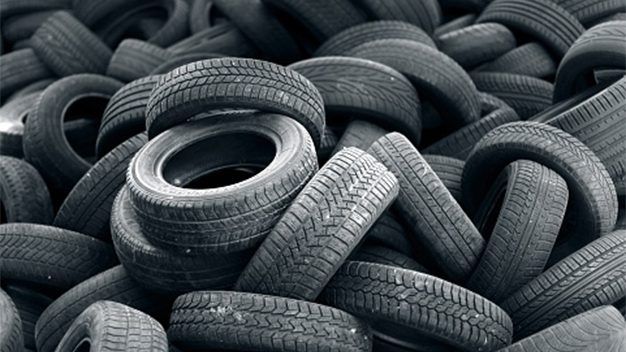People buy tires whenever they feel the bubbling of the car on the road or replace their car tires when they have been used for a long period. Tires enhance your driving skills and performance on the road and help you with curves and slopes. Tires connect you with the ground and hold a firm surface grip to avoid sliding. However, there are several questions you need to ask yourself while changing tires. You can get these tires from Falken tires UAE.
- How long does a car tire last?
- How can you change your tires?
- Do I have to change tires every year?
These are some basic questions you must ask when you are on the verge of changing a car or maintaining your car’s life. This article will explain how long a car tire lasts and some factors influencing tires. This will also create an understanding of when you need to replace tires.
How Long Does A Car Tire Last On The Road?
There is no definitive way to predict how long a specific tire will survive, but there are steps a driver can take to maximize their tire investment and steer clear of using dangerous tires. According to the typical annual mileage of 10,000 to 15,000 miles, an all-season tire of good quality should last between 2 and 4 years, depending on upkeep, driving habits, road conditions, etc.
According to the National Highway Traffic Safety Association (NHTSA), drivers are three times more likely to be involved in damaged tire accidents. However, when it refers to the condition of the tires, safer is wiser, so if you have any doubt about tread wear or maturity, have the tires inspected.
Influential Factors On How Can Tire Lasts Long?
How long a tyre can be used depends on a variety of things. For example, driving style, road conditions, mileage, maintenance, and tyre age affect how long a tyre lasts.
-
Damaged Vs. Aged
Tires deteriorate more often when driving on the road for long hours. Worn-out tires offer less grip on the road with sufficient tread in bad weather. Most drivers are aware that worn tyres should not be used. However, several drivers are unaware that tires are barely utilized, such as those on recreational vehicles, classic cars, or even spare tyres, often age rather than deteriorate because of lack of driving.
Although an old tyre has plenty of treads, the tire’s structural strength is compromised since the rubber’s chemicals require driving to function.
-
Potholes, Broken Pavements and Curbs
Driving over curbs or deteriorating roads, including potholes, cracked pavement, rough railroad crossings, gravel driveways, etc., can damage the suspension and induce misalignment. It impacts tyre wear. Plan annual tyre, suspension, and alignment inspections if you have these difficulties throughout your everyday drive.
-
Weather / Temperature Conditions
Tires can wear out more quickly when driving in bad weather like rain, frost, and ice, as they must work more to preserve stability or grip on the road. Investing in tyres designed to function in a given climate can give drivers added stability and control while ensuring long treadwear. Falken offers a variety of tires that are made to keep drivers and vehicles safe in all kinds of weather and driving conditions.
-
Reckless Driving Techniques
Poor driving techniques, including sharp turns, rapid speeding, and abrupt braking, can put a huge amount of stress on tyres and hasten their wear. However, by avoiding reckless driving, drivers can dramatically extend the lifespan of their tyres.
-
Neglecting Maintenance
Tire damage must be checked frequently, air pressure must be maintained, and tyres must be rotated and matched. Without regular upkeep, tyre life can be cut in half or even increased in some circumstances.
When Must You Replace Your Car Tires?
You must change or replace the car tires if you witness these signs.
- Low tread depth
- Vibration or tire noise while rough Drive
- Suspension Problems
- Over and under-inflated tires
- Misaligned tires
